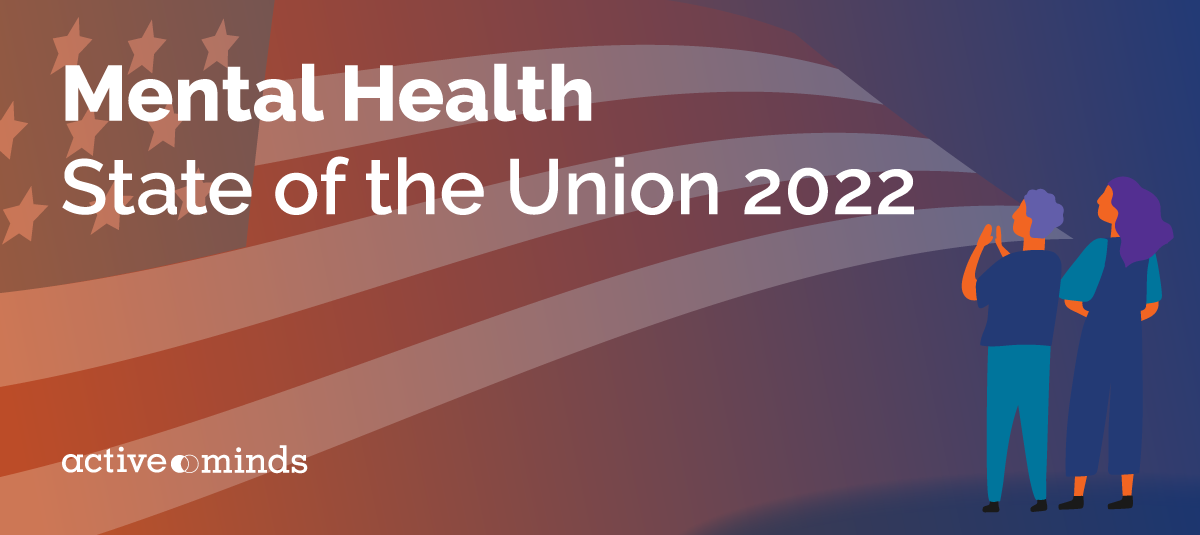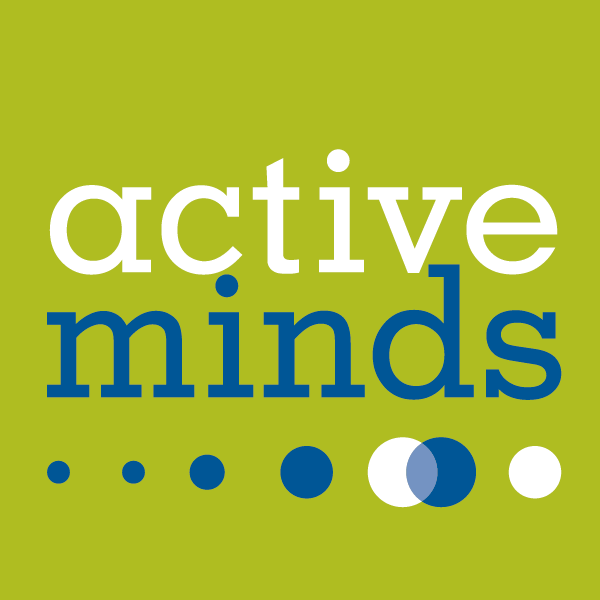This week, President Biden tackled a variety of pressing issues in his first State of the Union address since taking office, including introducing a renewed focus on the mental health crisis plaguing the United States. As part of his unity agenda, the President announced a national mental health strategy to tackle three main hurdles currently facing Americans looking to invest in their mental health: system capacity, access to care, and daily environment. We believe that everyone deserves access to the mental healthcare and programming they need, and this new strategy will affect every individual in the United States, no matter their background.
One of the White House’s most substantial pledges towards aiding in the mental health crisis is an investment of $700 million into programs that provide training and access to funds to mental health and substance use disorder clinicians who are committed to practicing in underserved communities. More than one-third of Americans live in an area that has fewer mental health providers than the level of their population requires, and this investment will help to ensure that no person is denied necessary treatment because of a lack of clinicians. When someone is ready and willing to accept professional help, we need for the barriers to entry to be as low as possible. This investment will help make that possible.
The Department of Health and Human Services will also provide additional funds to strengthen the pool of clinicians available, specifically providing over $225 million in training programs to increase the number of health workers in underserved communities. According to the strategy laid out by the White House, the goal of this investment is to “pilot new approaches to train a diverse group of paraprofessionals.” This investment will be transformative, as BIPOC communities are disproportionately undertreated compared to the rest of the United States, and having culturally competent and representative clinicians available can make a vast difference in treatment rates.
As previously mentioned, the White House will also focus on connecting more Americans to care by integrating mental health and substance use treatment into primary care settings, increasing access to virtual mental health care options, and expanding access in schools and colleges. Specifically, in regards to campus mental health, this strategy commits to doubling the number of school-based professionals through the use of funds from the American Rescue Plan. The President’s FY23 budget will also propose allocating $1 billion to help schools hire additional counselors, psychologists, and other health professionals. We know that 75% of mental health issues begin by age 24. By investing in providing professional help, especially in our schools, this plan will help ensure that we will be able to more quickly intervene and provide life-changing resources and support.
Finally, the administration is committed to combating the mental health crisis currently facing the United States by creating healthy environments in schools, online, and at work. This strategy recognizes the importance of early education on mental health and includes a proposal for investing more than $70 million from the FY23 budget into youth mental health services, including infant and early childhood programs. The plan also recognizes that mental health extends beyond the work of clinicians. With this in mind, the federal government will launch a national effort to better train housing counselors and coordinators, Farm Production and Conservation Mission Area field employees, and administrations for the Special Supplemental Nutrition Program for Women, Infants, and Children (WIC). When we devote time and energy to creating emotionally healthy environments in all aspects of our lives, we are investing in a healthier life for ourselves and future generations.
The inclusion of mental health in the administration’s unity agenda speaks to the widespread impact that mental health has, as well as the need for nationwide partnership in addressing the crisis we’re facing. At Active Minds, we’re invested in creating a more healthy future, beginning in our K-12 schools, continuing through college and the workforce, and into the rest of our lives. We’re grateful for the renewed focus on the importance of discussing and advocating for mental health, and we are excited to connect our network with opportunities to be a part of this important change in the coming weeks and beyond.




